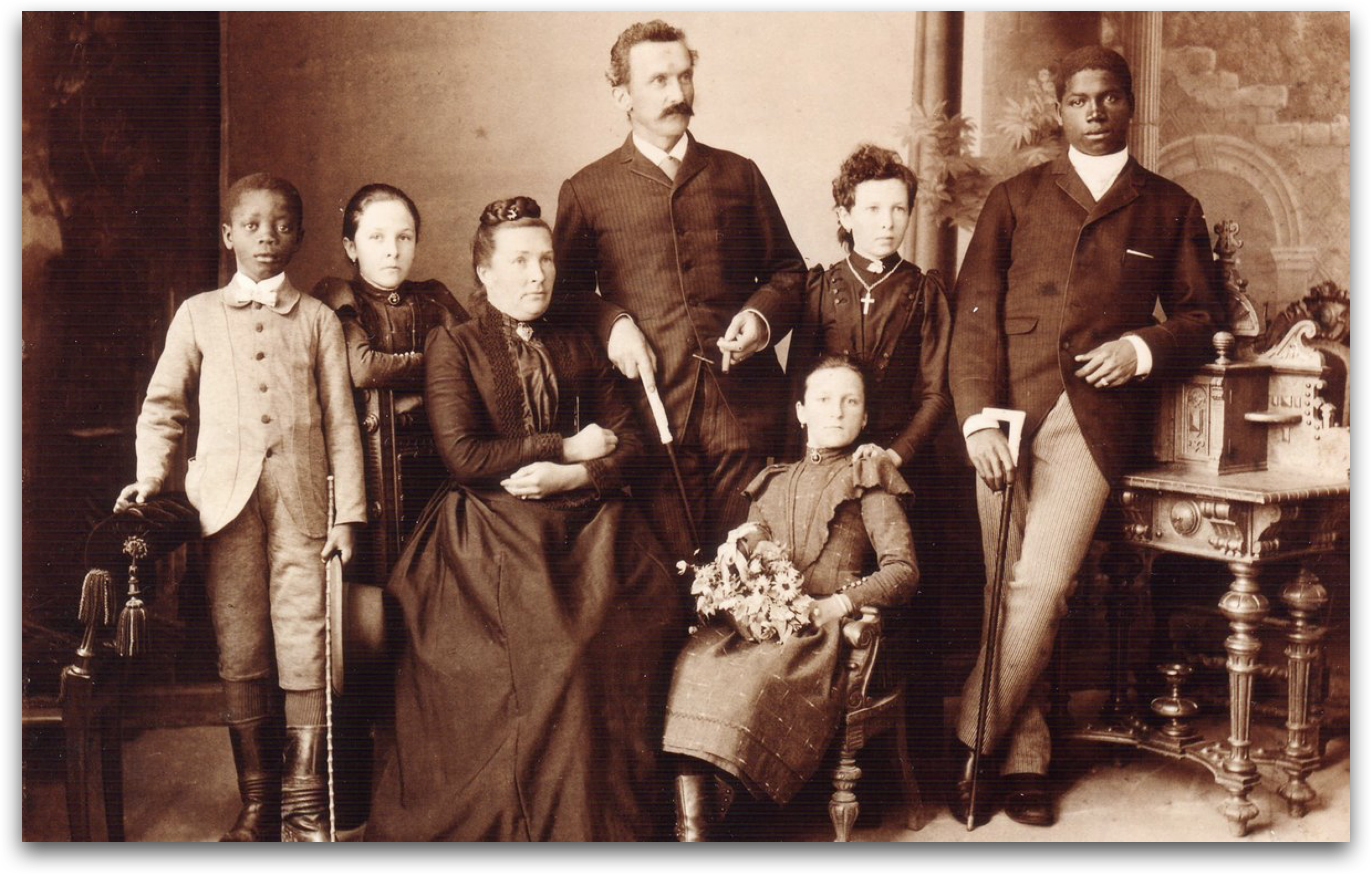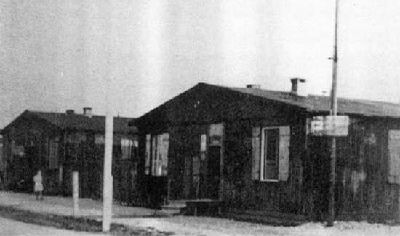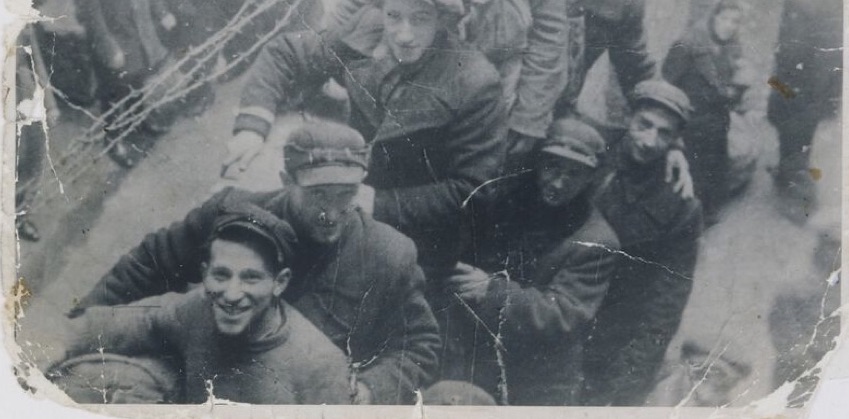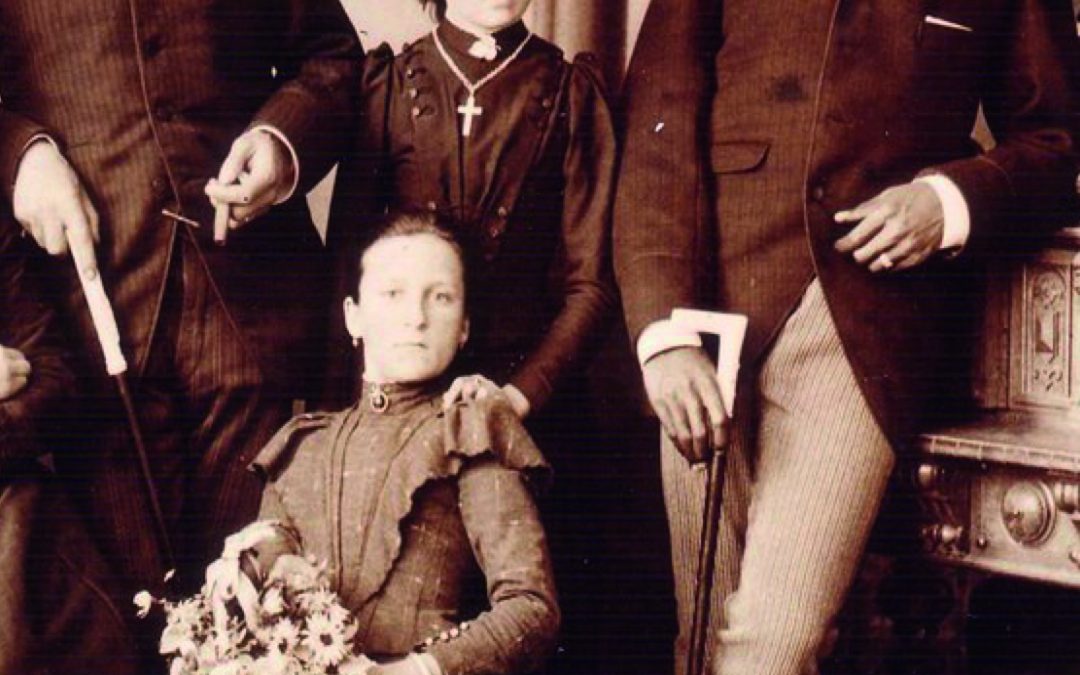
by Antonia Gronau | Feb 17, 2023
Manga Bell – A good German
Cameroon, 1914: Rudolf Duala Manga Bell, king of the Duala tribe in Cameroon after his father and grandfather, speaks German, he reads Goethe, Schiller and Lessing, he wears elegant men’s skirts and knows the German legal system, because Cameroon at this time belongs to the German Empire as a “protectorate”. In the spirit of Immanuel Kant, he dares to use his own intellect. The benevolence of the German colonial officials in the face of his cultural inquisitiveness turns into brutal violence when they discover that Manga Bell understands and applies their legal system better than they do. To assert their claim to power against his sound legal reasoning, they eventually murder him and his closest associate on the gallows in a mock trial for “high treason”. To this day, there is no official German statement on this judicial murder.
Credits
Buch & Regie: Lisa Charlotte Friederich
Producer: Philipp Goeser
Produzent: Schiwago Film (Martin Lehwald, Marcos Kantis)
Produktionsjahr: 2023

by Antonia Gronau | Feb 17, 2023
9-year-old Sarah spends the summer holidays alone with her dad in Tunisia for the first time and rescues a chicken from the oven. Together they have an adventure in the desert and in the middle of an impenetrable sandstorm Sarah begins to see clearly for the first time.
Credits
Director: Frédérique Veith
Written by: Zazou Röver
Producer: Philipp Goeser
Producer: Schiwago Film (Martin Lehwald, Marcos Kantis)
Fundings: Kuratorium junger deutscher Film und Beauftragte der Bundesregierung für Kultur und Medien (BKM)
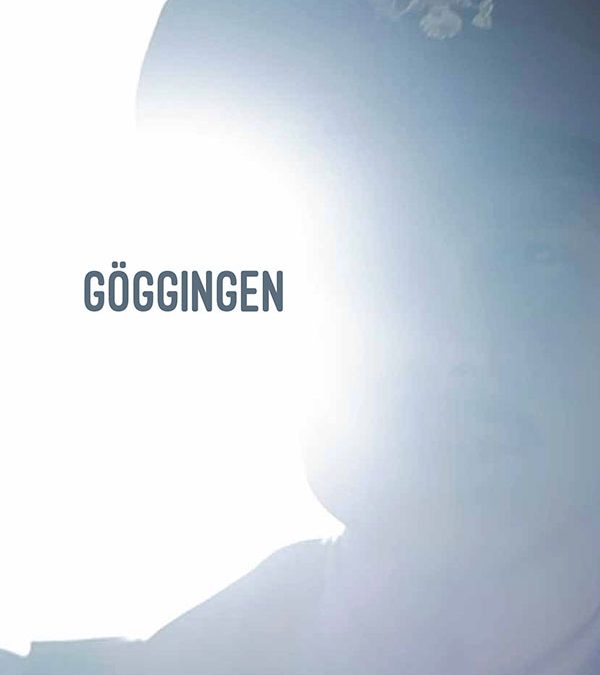
by schiwagofilmadmin | Feb 13, 2023
Screenplay: Christoph Silber, Dörte Franke, Martin Lehwald
Director: Martin Lehwald
An emigrated German returns in 1947 as an officer in the U.S. Army and is assigned to oversee the denazification camp at Göggingen. There he befriends the wife of a high Nazi chargé, who uses him to escape with her husband.
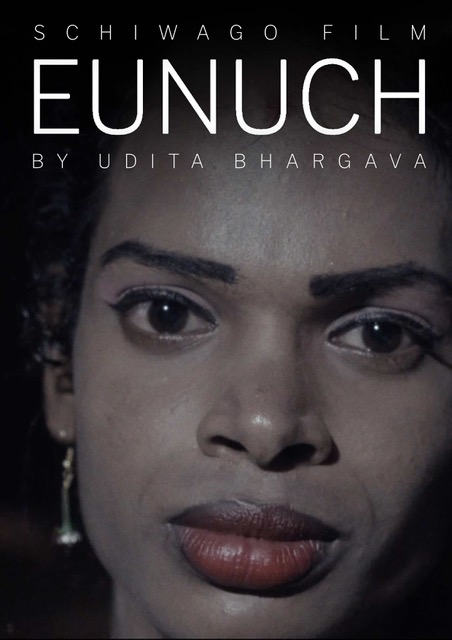
by schiwagofilmadmin | Feb 13, 2023
EUNUCH (25), a transgender woman, lives in a remote coastal village in India. Like most of her kind, she is an outcast, shunned by society and family alike. Therefore, her relationship with MRINAL (30), an heir to a powerful political family, can only exist behind veils – a deadly secret known only to themselves. When Mrinal marries a wealthy woman from a high caste, Eunuch accepts it as her fate and is content with the clandestine trysts that continue after his marriage. But as his bond with his family grows, Eunuch realises that their love means little to Mrinal. One day, overcome by rejection and rage, she kills him.
She makes her way to Mumbai. SANDEEP (19), a friend from the village, helps her settle in. She joins a clan of Kinnars and goes in search of her missing sister MALTI, who was trafficked to the city by HARI (51) when Eunuch was a child. The hope of reuniting with Malti is short-lived: Eunuch is rejected by the woman she believes to be her sister.
It is at this point that Mrinal returns. As a ghost. She sings to bring him back to
life. He is her reason for living. Unwilling to lose him again, but unable to bear
his presence because he reminds her of the misdeed she has committed, she collapses. To live, she must exorcise his spirit and all that is buried in her past. The reappearance of the evil Hari sets her off on this path: to accept, admit and seek forgiveness. She sings again; through singing she can explore the depths of her dark past and find the thread that connects her to life and others. At first, she sings for her own community, then for larger crowds. She becomes a beloved singer, singing for those invisible, rejected and deprived, who, like herself, wander through our cities every day.
Credits
Director and screenplay: Udita Bhargava
Producer: Martin Lehwald
Co-producers: Eaux Vives Productions, Amour Fou
Producer: Stella Wejchert
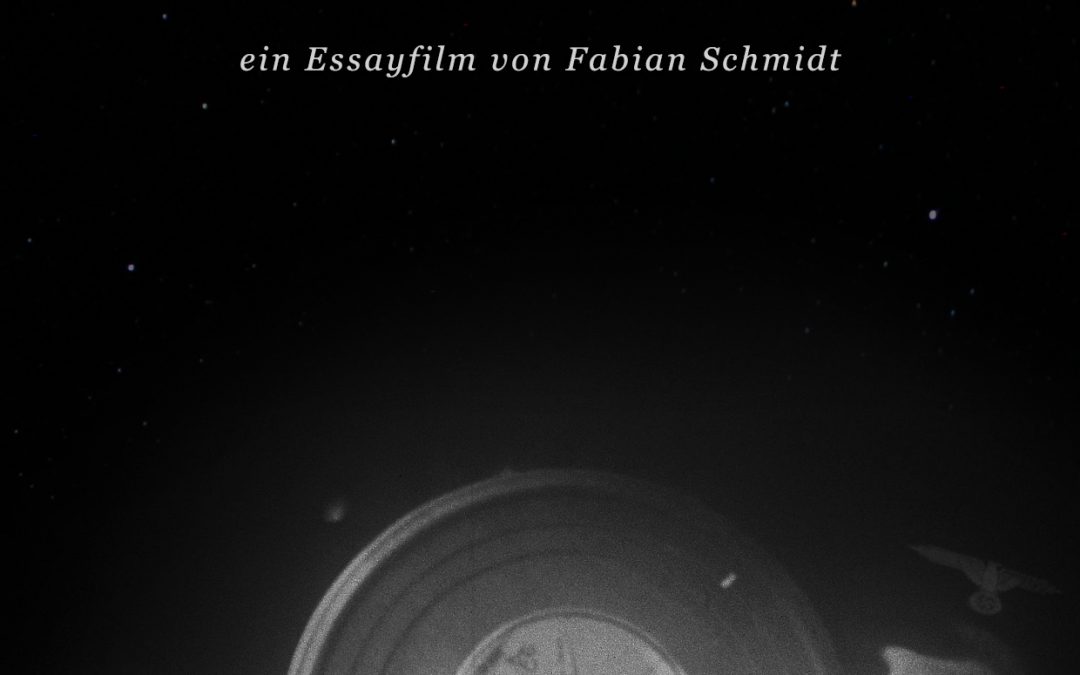
by schiwagofilmadmin | Feb 13, 2023
In search of a secret SS documentary on the genocide, “Atrocity Film” travels to archives in Germany, America and Russia, as well as Holocaust sites in Eastern Europe, and looks at the practice of using footage of the murder of Jews today.
More information about the project and the background can be found here.

